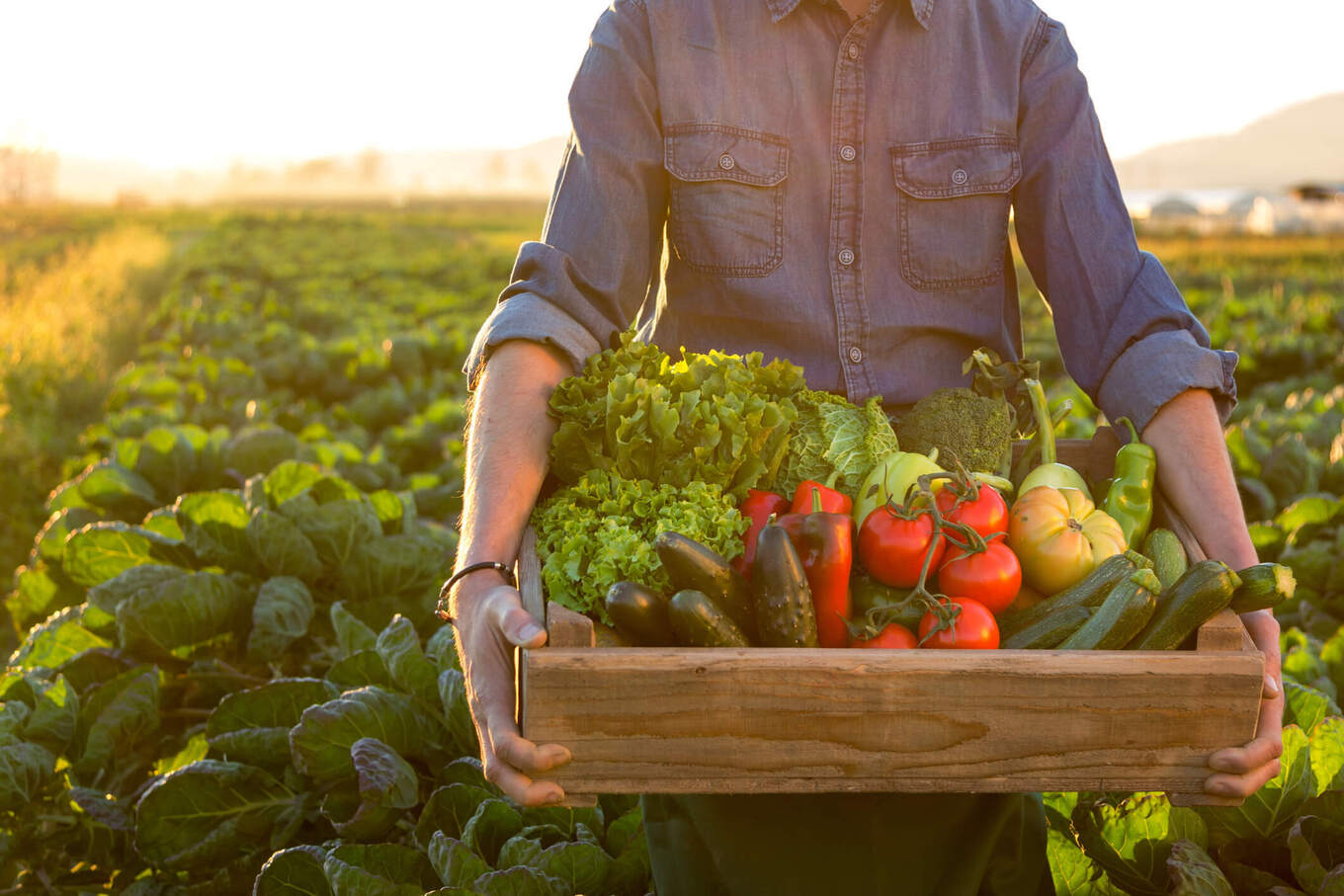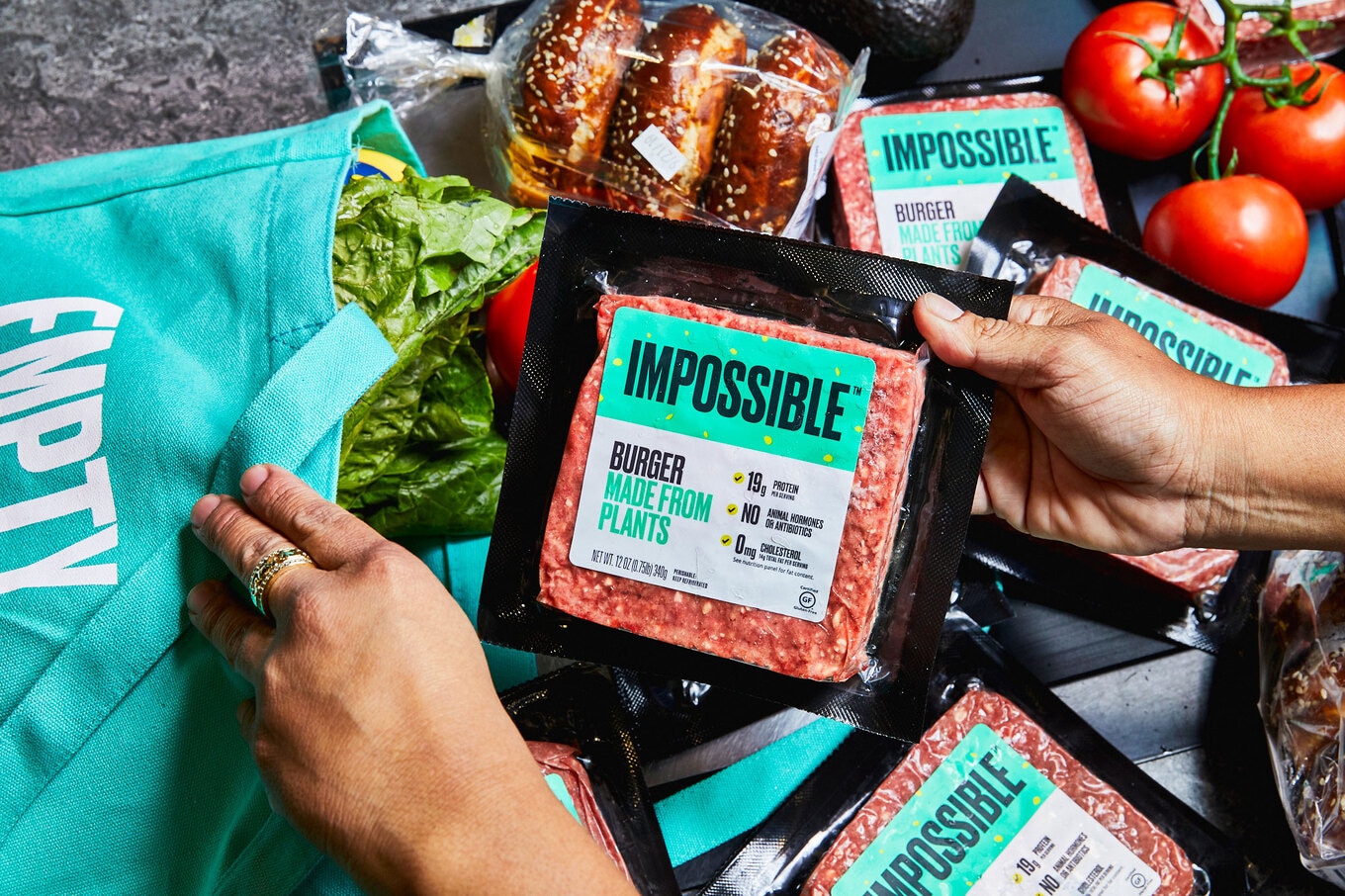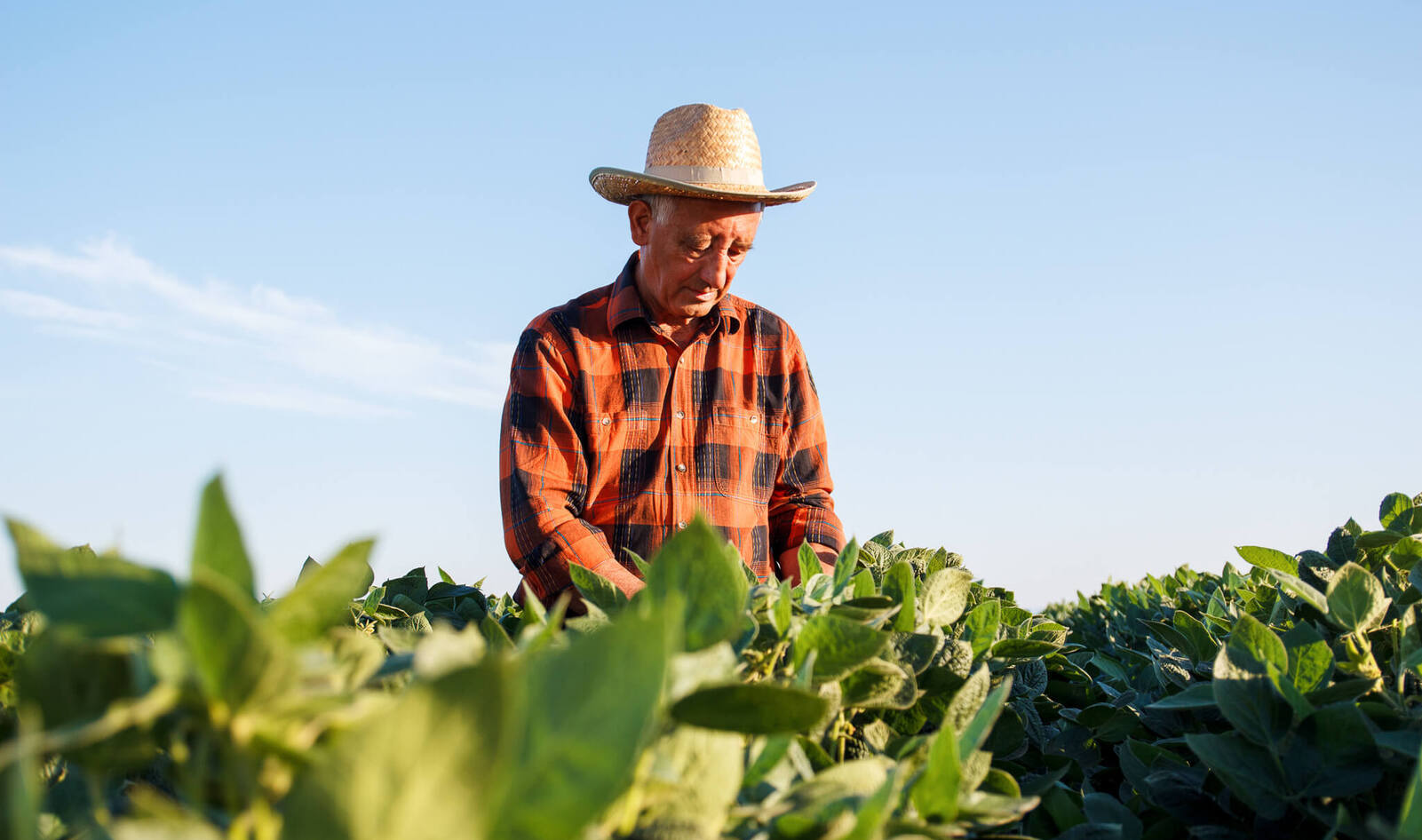Imagine a world where plants, not animals, are the foundation of a resilient, sustainable food system that benefits not only humans, but animals and the planet as well.
While existing vegan organizations have long worked toward this common goal, there’s a new nonprofit joining the charge in the fight to remove animals from the global food system. The recently launched Plant Based Foods Institute (PBFI) will work alongside industry leaders and food systems experts to advance the transition toward a plant-based food system both domestically and internationally.
Launched by the Plant Based Foods Association (PBFA), a trade group of more than 300 plant-based food companies, PBFI will work in tandem with PBFA to achieve their common goals of creating a kinder, more accessible plant-based food system.
 Alle 12
Alle 12
For Rachel Dreskin, CEO of PBFA, the launch of PBFI is the next step in advancing the mission of the businesses that hold PBFA membership. “In working with the businesses,” Dreskin tells VegNews, “it became very clear that plant-based businesses that are part of the PBFA membership are very interested in leveraging their power within the marketplace to be able to drive broader change toward a more plant-based food system.”
While PBFA will continue to focus on expanding the retail footprint of plant-based products and work with partners on effective marketing to help drive consumer purchasing, PBFI will focus on the larger picture: transitioning to a plant-based food system via policy change, domestic sourcing initiatives, market research, and international networks.
PBFI’s policy initiatives to transform the food industry
Currently, PBFI is focusing its policy efforts on two key initiatives: the 2025 Dietary Guidelines for Americans and the 2023 Farm Bill.
Vegan health organizations, such as Physicians Committee for Responsible Medicine, have long called for the US government to update its dietary guidelines, specifically demanding for the removal of dairy due to the prevalence of lactose intolerance among people of color and the health implications of long-term dairy consumption such as higher risk of prostate cancer and breast cancer.
PBFI joins the call for updating the upcoming 2025 Dietary Guidelines for Americans. The institute, Dreskin shares, has submitted formal comments urging for the guidelines to adopt a lens of sustainability—and thus implement a larger focus on plant-based diets and eating patterns due to the lower environmental impact of vegan foods compared to their animal-based counterparts.
“It’s absolutely time for the dietary guidelines to include sustainability within their recommendations—for [the environment], personal health, and nutrition reasons,” Dreskin says. “There should be greater emphasis on plant-based foods and a shift toward more plant-based diets overall.”
Along with the 2025 Dietary Guidelines for Americans, PBFI regards the 2023 Farm Bill as a “key piece of legislation [in] making changes to the way we grow food and [in] improving nutrition for Americans.” Aside from its potential impact on human health, the Farm Bill will also impact climate, agricultural workers, and animals—for these reasons, it’s crucial for PBFI to focus its policy efforts on this piece of legislation to help further the plant-based food system.
Through a combination of formal comments, lobbying, collaborations with other non-profit organizations, and other means of engagements, PBFI will tackle policy initiatives to aid the transition toward a plant-based food system.
Sourcing ingredients for plant-based food products
In conjunction with its work to influence the upcoming Farm Bill, PBFI’s Domestic Sourcing Initiative aims to support the domestic production of plant-based foods by working directly with farmers, companies making plant-based food products, and supply networks.
The institute is currently working with farmers who have long been growing corn and soy for animal feed and is helping them transition into growing crops, in a sustainable and regenerative fashion, that are in high demand within the plant-based food industry. Not only does this further the transition to a plant-based food system overall, it would also prove beneficial to plant-based food companies who have experienced hardship due to shortages in the supply chain and recent inflation.
 Canva
Canva
“This [pilot program] is super attractive to our member companies within PBFA,” Dreskin says. “Because there has been so much supply network volatility and inflation in recent months, creating shorter supply networks that are more resilient, and more transparent, is very attractive to [our members] for plant-based food [development].”
Additionally, farmers who transition to producing in-demand, plant-based ingredients would reap economic benefits.“The growth we’ve experienced lately in the industry presents an incredible opportunity for farmers,” she says. “Looking at how to do this in a way that benefits farmers, their land, and rural communities—not only from an environmental but an economic standpoint as well—is a really exciting opportunity not just for the [plant-based foods] industry, but for our country. We’re able to proactively position plant-based foods as an opportunity for Americans and American farmers.”
Are consumers replacing meat and dairy purchases with plant-based products?
Another exciting venture PBFI is tackling involves consumer research. In partnership with Kroger, the country’s largest grocery store chain and a partner of PBFA, PBFI is analyzing shopper data to learn if consumers are actively replacing meat products with plant-based foods, or if customers are simply buying vegan products alongside animal-based foods.
 Impossible Foods
Impossible Foods
“Comprehensive research is yet to be done on this subject,” Dreskin says. “By working with one of our top retail partners out of PBFA, we are looking at millions of households and [determining] their buying patterns. Are they actually starting to transition and replace animal products with plant-based [foods], or are plant-based products simply additive to their shopping?”
The results of this research will ultimately influence the marketplace work conducted by PBFA. “If we can demonstrate that consumers are actually changing their purchasing [habits] and are buying more plant-based foods in place of animal-based foods, that’s really useful information for retailers to consider when they’re creating their merchandising strategies,” Dreskin explains. “If we can demonstrate there’s a transition happening, there will be a compelling case to increase the amount of real estate given to plant-based foods, [which, in turn], will chip away at the amount of shelf-space given to animal-based foods.”
An international plant-based network
Working toward a modern, plant-based food system isn’t an easy feat, and PBFI is well aware that there is power in numbers. Soon after Dreskin assumed her role at PBFA last year, the CEO began informally connecting with other trade associations from across the globe that, like PBFA, represent companies making plant-based foods.
 Kenny Eliason
Kenny Eliason
Today, this informal network has become the International Plant Based Foods Working Group (IPBFWG) and boasts eight member associations across Canada, India, China, Mexico, the European Union, and the US. “Creating a structure for this group to come together and align our top global priorities will be a big focus for PBFI moving forward,” Dreskin shares.
Earlier this month, IPBFWG held its first international summit as part of PBFA’s Plant Based World Expo where the international group identified its top priorities. Among these priorities of focus, Dreskin says, are labeling laws.
“We contend with this quite often: states will introduce a restriction on labeling of plant-based foods so they cannot be labeled in clearly identifiable ways using common terminology like meat, milk, burger, or sausage. This is something that is popping up across the globe,” the CEO says. “Right now, we as an international community, are facing proposed labeling bans in Chile, South Africa, France, and Turkey.”
Through its work with the international trade group, PBFI will tackle domestic and international labeling laws alongside other global priorities identified by IPBFWG.
“The plant-based industry is filled with leaders who believe fully in the kind of change businesses can drive when there’s a lot of alignment around common goals and purpose,” Dreskin says. “It’s been really exciting to be able to combine those worlds and be able to do it in a way that is now formalized through the trade association and through PBFI.”
For the latest vegan news, read:
JUMP TO ... Latest News | Recipes | Guides | Health | Subscribe









